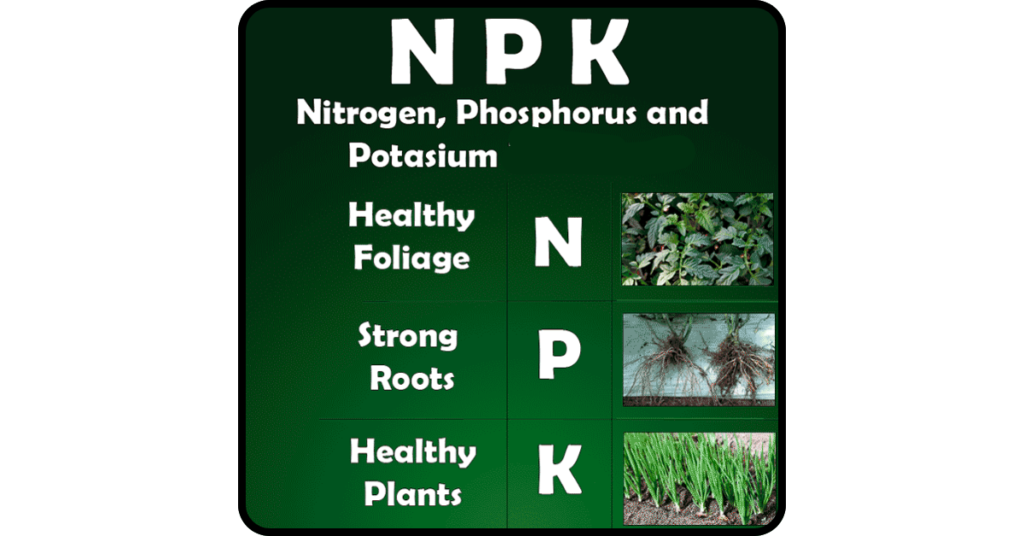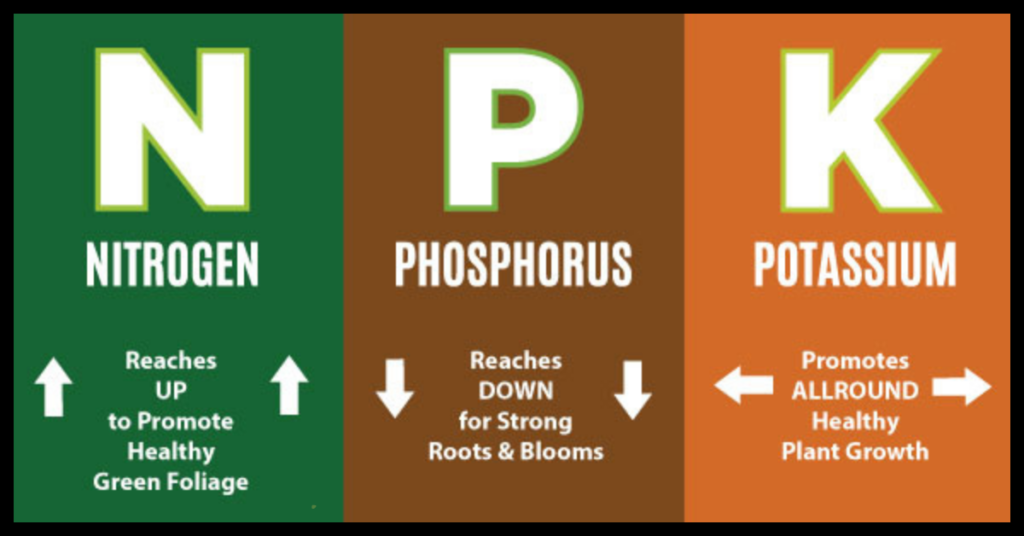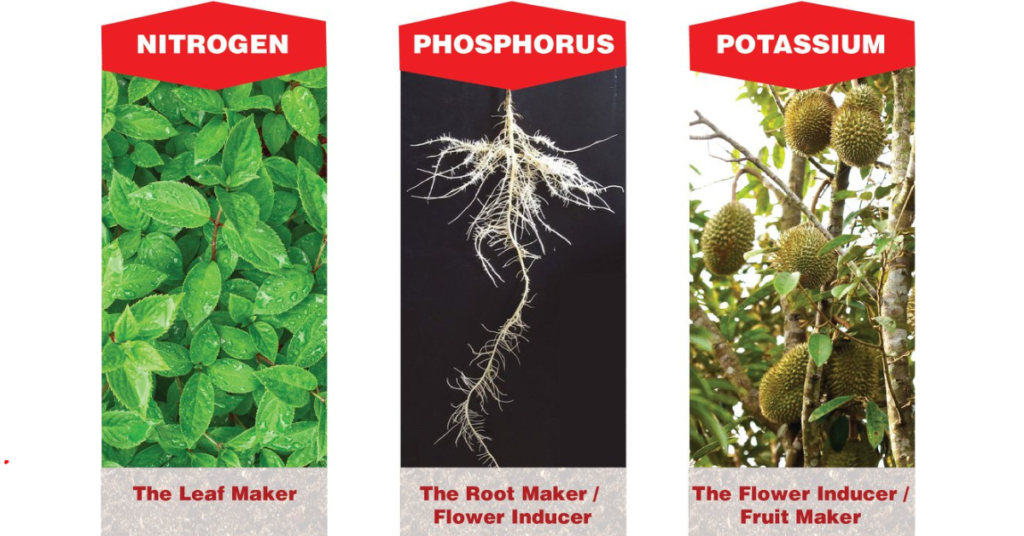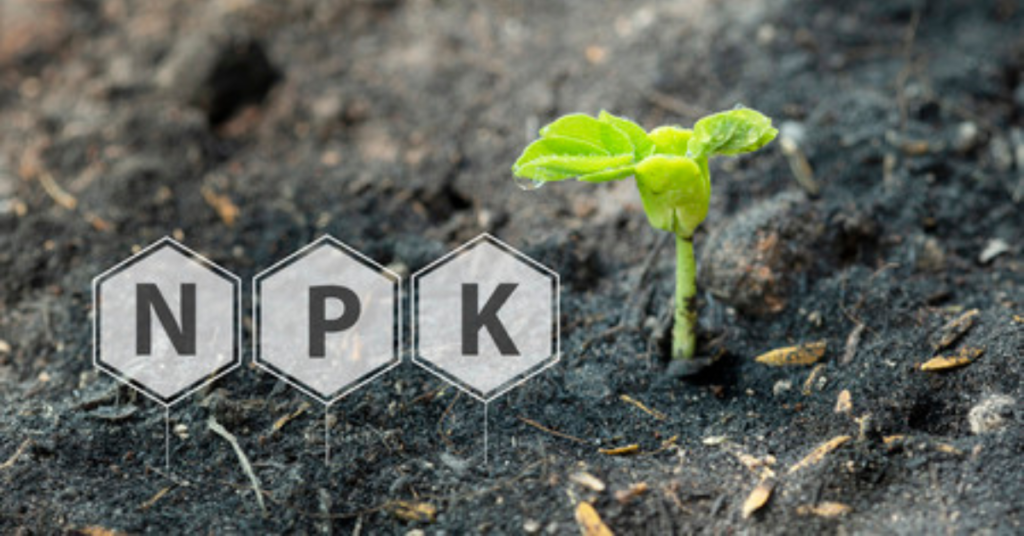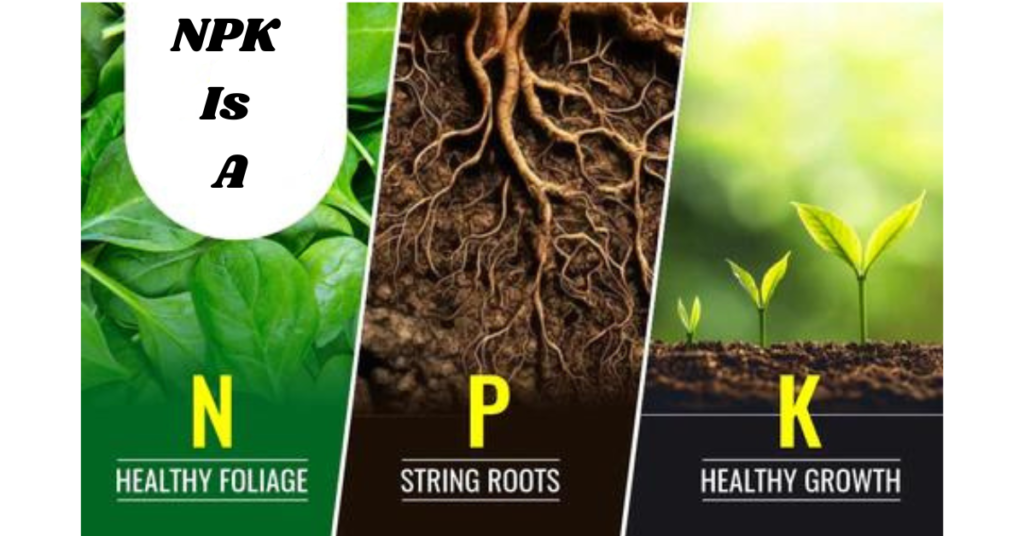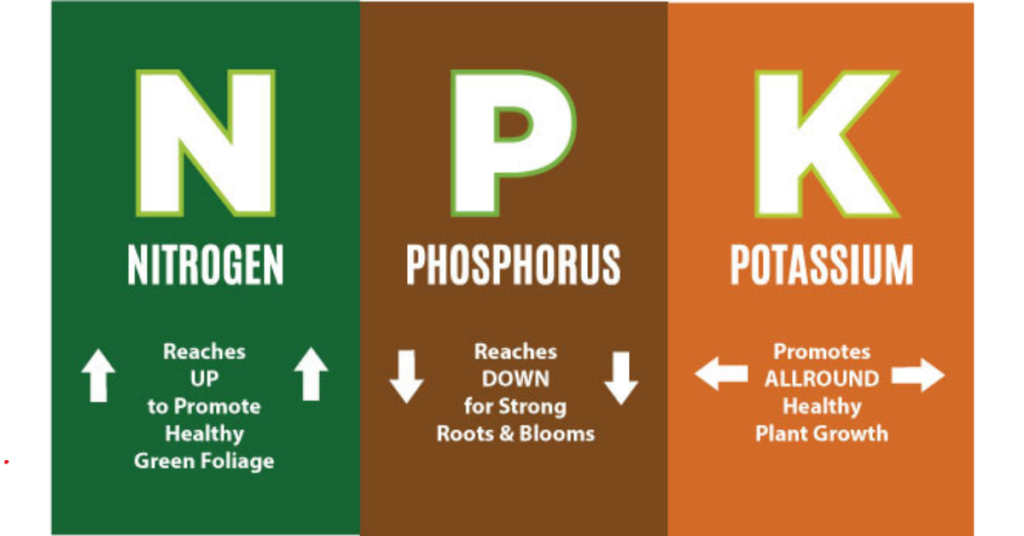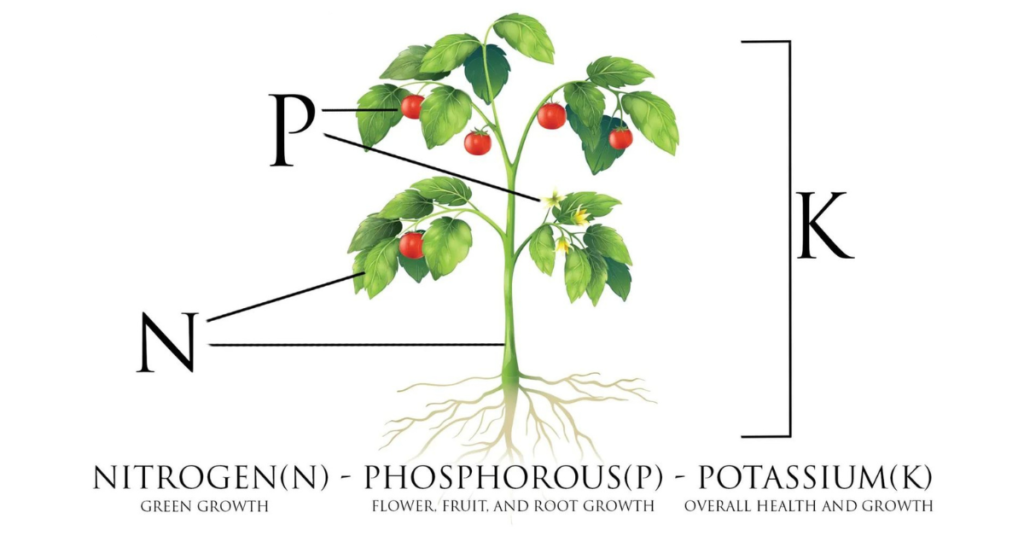“NPK For Plants Uses”
NPK fertilizers are the backbone of plant nutrition, supplying vital nutrients essential for robust growth and development. Nitrogen, phosphorus, and potassium form the core components of these fertilizers, each playing a distinct role in supporting plant health. Nitrogen fuels lush greenery, phosphorus stimulates root development, and potassium enhances stress tolerance. By understanding the specific uses of NPK for plants, growers can tailor their fertilization practices to meet the unique needs of their crops, ensuring optimal growth, productivity, and resilience.
“NPK For Plants Uses” Read More »
